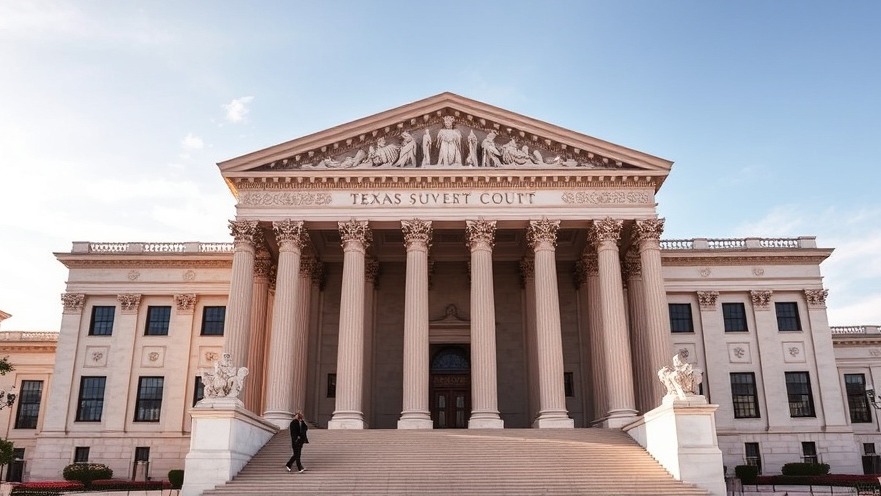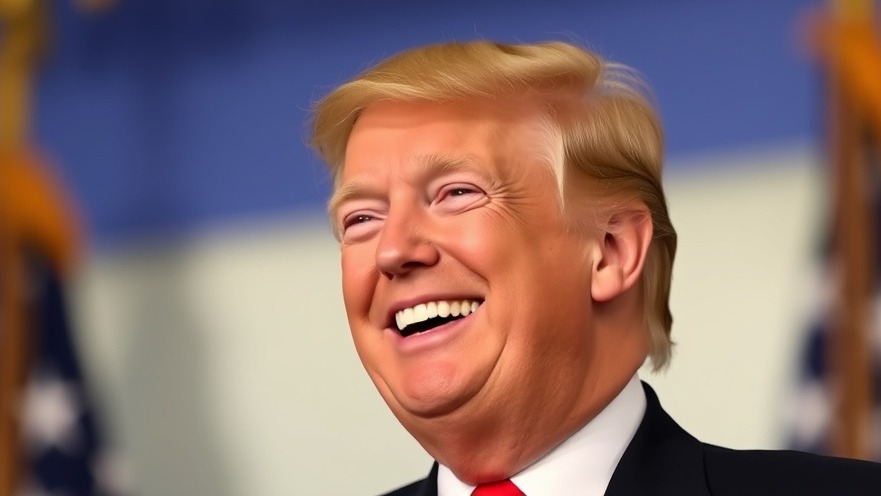
Texas Takes Control: Courts Uphold Law Against Local Ordinances
In a significant legal shift, an appeals court has upheld a controversial Texas law that limits cities' ability to enact local ordinances. The ruling comes two years after a district court deemed the law unconstitutional, highlighting the ongoing tug-of-war between state power and local governance.
The law, known as House Bill 2127 or informally the 'Death Star' bill, restricts cities from passing ordinances that do not align with state laws. This legislation, pushed by Texas Governor Greg Abbott, aims to streamline regulatory measures across the state, fundamentally reshaping how urban areas can implement local regulations.
A Clash of Powers: City Leaders Respond
City officials, particularly in Houston, San Antonio, and El Paso, have voiced strong opposition, arguing that the law undermines local governance and stifles progressive measures. For instance, cities that had previously enacted water break mandates for construction workers now find their authority curtailed. Houston's former mayor, Sylvester Turner, articulated the concerns, emphasizing that the law represents a significant shift from local autonomy which had been the norm for over a century in Texas.
The recent ruling from the Third Court of Appeals dismissed claims that argued cities had their rights violated, suggesting they lacked concrete evidence of harm from the law. This response has left many city leaders questioning their next steps in light of this legal landscape.
Texas Republicans Celebrate Legislation
Proponents of House Bill 2127 argue that the law eliminates a confusing array of local regulations that could hinder business operation and economic growth. They assert that one cohesive regulatory framework across Texas will foster a more favorable environment for businesses. Governor Abbott has hailed the bill as a necessary measure to prevent cities from imposing burdensome regulations on companies.
Critics, however, fear that the law may disproportionately affect the state's urban areas, known for their Democratic-leaning policies. The concern lies not only in the immediate implications of the law but also in the broader patterns it establishes regarding state versus local control in Texas.
Future Implications: What Lies Ahead for Local Authorities?
The implications of this law stretch beyond the present legal battles. As cities mull their strategies to navigate this landscape, a coalition among Houston, San Antonio, and El Paso could emerge, aiming to challenge the state's authority in court or seek amendments to the law. The collective response indicates an ongoing resistance to a centralized approach that counters local needs and interests.
Moreover, the failure of Senate Bill 2858 earlier this year, which aimed to give the Texas Attorney General powers to sue cities for such violations, further illustrates the contentious path ahead. The dynamics of Texas politics can expect to shift again as cities reevaluate their legislative capabilities.
Calls for Reassessment in Legislative Approach
This case underlines the necessity for a reassessment of how Texas approaches legislation affecting its urban centers. As tensions mount between state officials and city leaders, citizens may soon witness intensified political campaigns aimed at addressing local governance issues. With state elections on the horizon in 2025, the public's reaction to these developments could significantly influence Texas's political landscape.
As discussions around this law evolve, one thing remains clear: the balance of power in Texas government is under scrutiny, and how these entities negotiate their roles will likely shape the future of urban policy.
Conclusion: What Should Texans Do?
As these developments unfold, Texans should remain informed and engaged concerning local governance issues. Recognizing how state laws impact daily life in urban areas is crucial for active participation in the upcoming elections and local discussions. Communities are encouraged to advocate for their priorities, ensuring their voices are heard amidst this evolving political battle.
 Add Element
Add Element  Add Row
Add Row 



Write A Comment